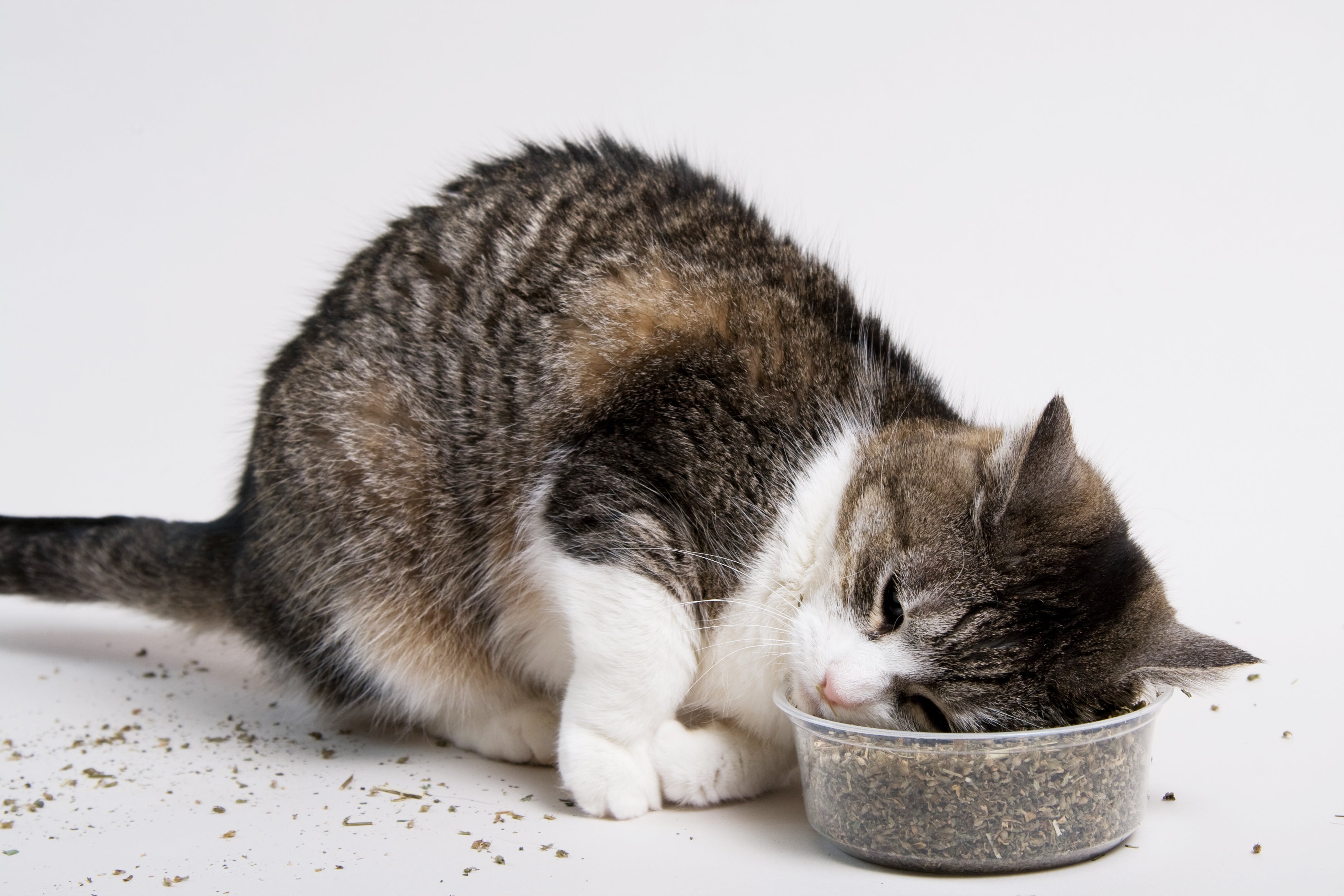
Cats are undoubtedly one of the most fascinating creatures on the planet. They have been domesticated for thousands of years, and yet we are still learning new things about them every day. One of the most interesting things about cats is their reaction to a plant called catnip. In this article, we’ll explore the relationship between cats and catnip, including what it is, how it affects cats, and why some cats seem to be immune to its effects.
What is Catnip?
Catnip, also known as Nepeta cataria, is a plant that is part of the mint family. It is native to Europe, but has been introduced to many other parts of the world, including North America. Catnip is known for its unique scent, which is similar to mint but also has a slightly musky undertone. This scent is produced by a chemical compound called nepetalactone, which is found in the leaves and stems of the plant.
How Does Catnip Affect Cats?
The effects of catnip on cats are well-known among cat owners. When a cat is exposed to catnip, it will typically exhibit a range of behaviors that can be quite entertaining to watch. These behaviors can include rolling around on the ground, rubbing against objects, and vocalizing. Some cats may also become more active and playful, while others may become more relaxed and sedate.
The reason for these behaviors is not fully understood, but it is believed to be related to the way that nepetalactone interacts with the cat’s olfactory system. When a cat sniffs catnip, the nepetalactone binds to certain receptors in the nasal cavity, which sends a signal to the brain. This signal is then processed in the amygdala and hypothalamus, which are responsible for regulating emotional and behavioral responses.
It’s important to note that not all cats are affected by catnip in the same way. In fact, some cats may not respond to it at all. The reason for this is not fully understood, but it is believed to be related to genetics. Some cats may simply lack the genes that are responsible for the receptor response to nepetalactone, while others may have a muted response due to other genetic factors.
Is Catnip Safe for Cats?
Catnip is generally considered to be safe for cats. In fact, it is often used as a form of enrichment for indoor cats, as it can provide them with mental stimulation and encourage them to engage in play. However, it’s important to note that some cats may become overly excited when exposed to catnip, which can lead to aggressive behavior. Additionally, some cats may experience digestive upset if they consume large amounts of the plant.
It’s also worth noting that not all plants that are commonly referred to as “catnip” are safe for cats. There are several other plants in the Nepeta genus that can be toxic to cats, so it’s important to ensure that any catnip that you give to your cat is specifically Nepeta cataria.
Other Uses for Catnip
Catnip has been used for a variety of purposes throughout history. In addition to its use as a form of enrichment for cats, it has also been used for medicinal purposes. It has been traditionally used to treat a variety of ailments, including headaches, anxiety, and insomnia. However, there is little scientific evidence to support these claims, and catnip is not widely used in modern medicine.
Catnip has also been used as a culinary herb. The leaves can be dried and used to make tea, which has a slightly minty flavor. Additionally, the fresh leaves can be used in salads and other dishes to add a unique flavor.
Conclusion< In conclusion, catnip is a fascinating plant that has a unique effect on cats. While the exact mechanism behind this effect is not fully understood, it is clear that nepetalactone, the chemical compound found in catnip, plays a key role in triggering the cat's response. Most cats will exhibit a range of playful behaviors when exposed to catnip, although some cats may not respond to it at all.
Catnip is generally considered to be safe for cats, although some cats may become overly excited when exposed to it. Additionally, it’s important to ensure that any catnip given to cats is specifically Nepeta cataria, as other plants in the Nepeta genus may be toxic to cats.
While catnip is primarily used as a form of enrichment for indoor cats, it has also been used for medicinal purposes and as a culinary herb. Although its medicinal uses are not well-supported by scientific evidence, catnip tea and other catnip-infused dishes can provide a unique flavor experience for humans.
Overall, the relationship between cats and catnip is just one of the many mysteries surrounding these fascinating animals. While we may never fully understand why cats respond to catnip in the way that they do, it’s clear that this plant has a special place in the hearts of cat lovers around the world.

Bình luận về bài viết này